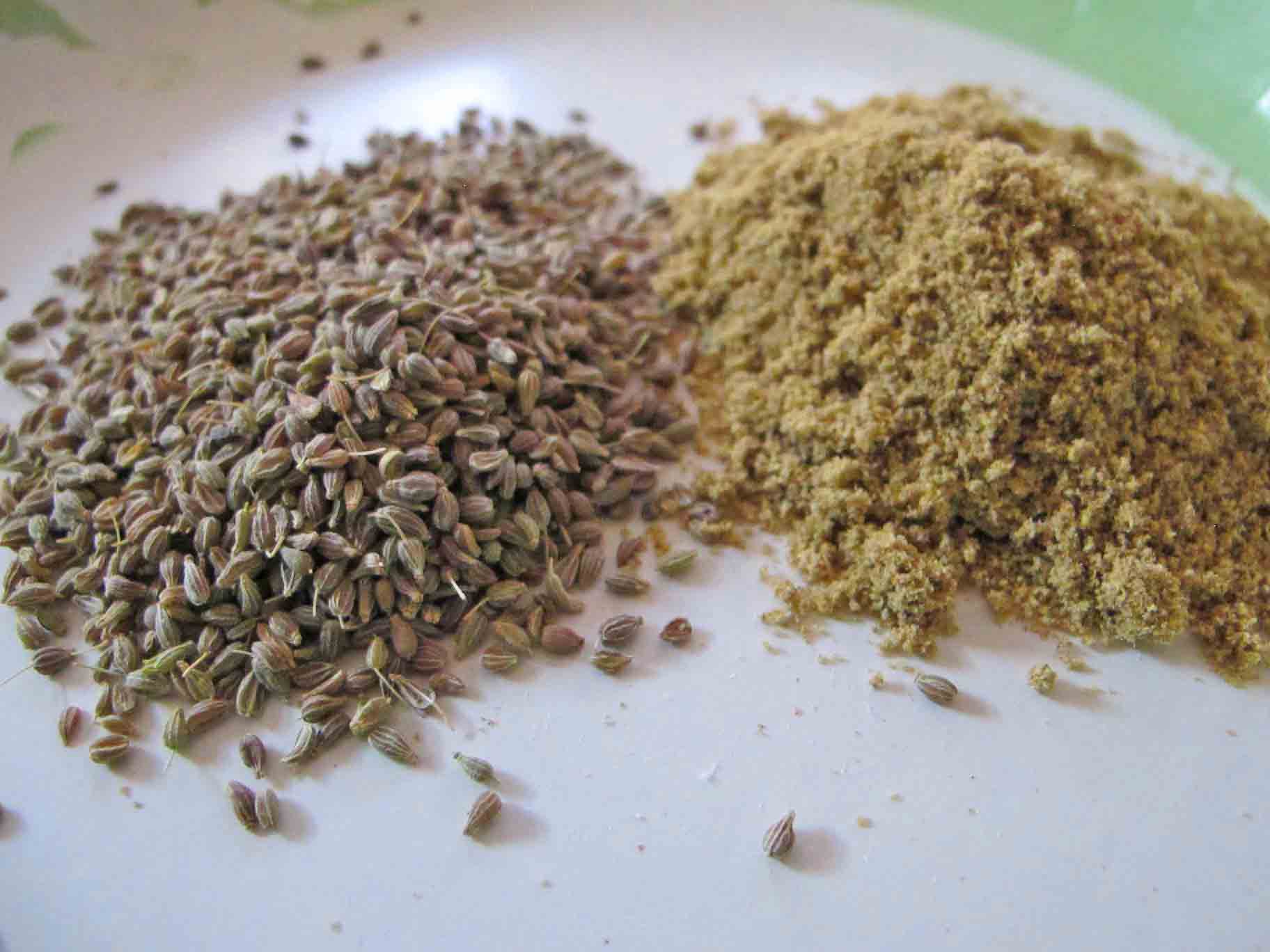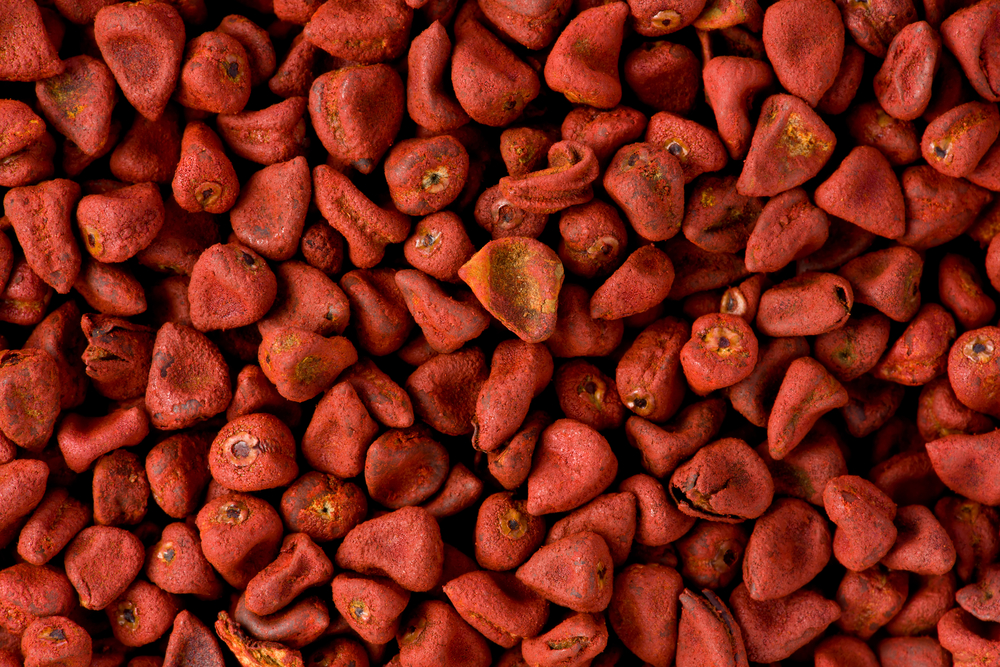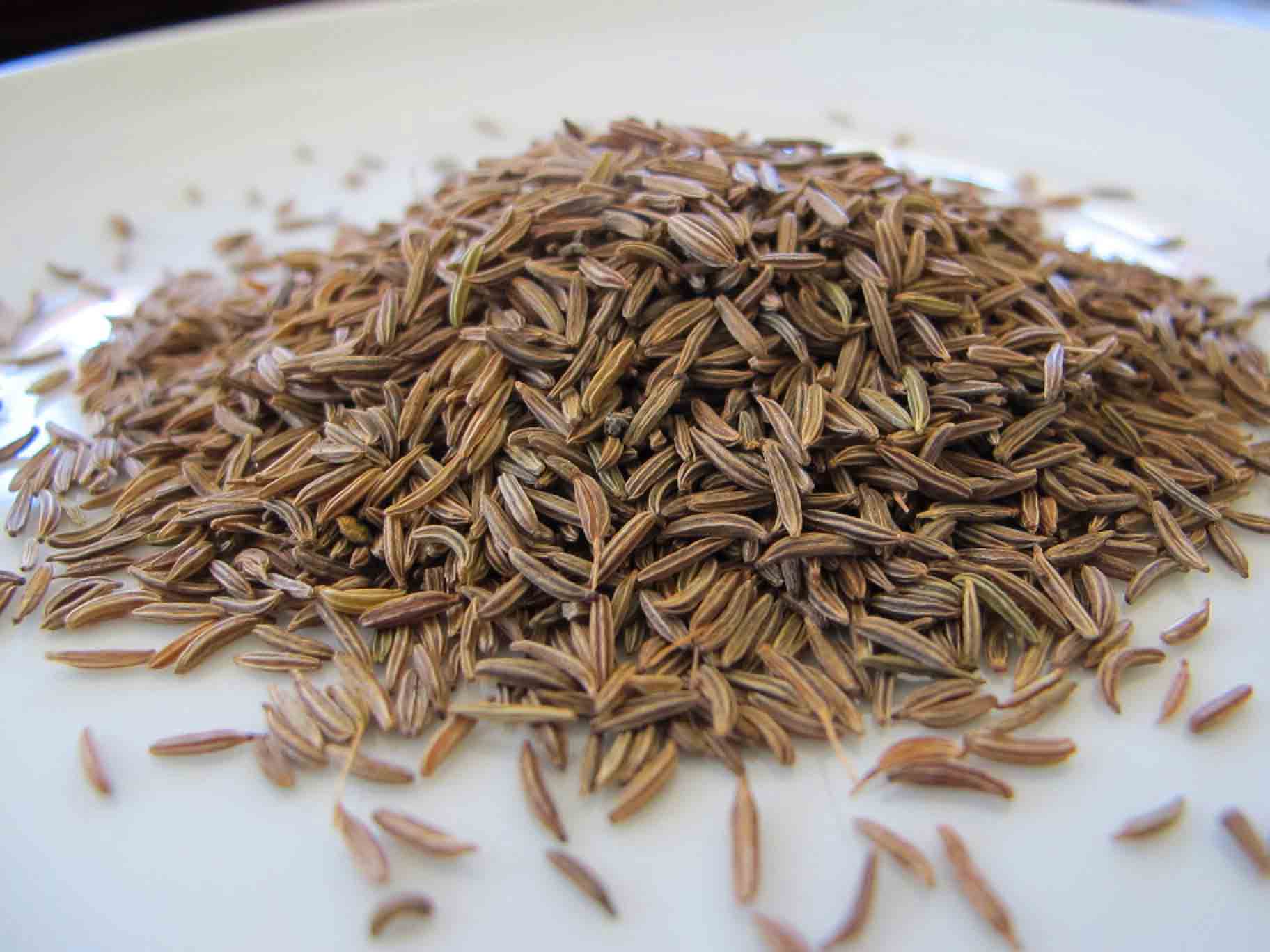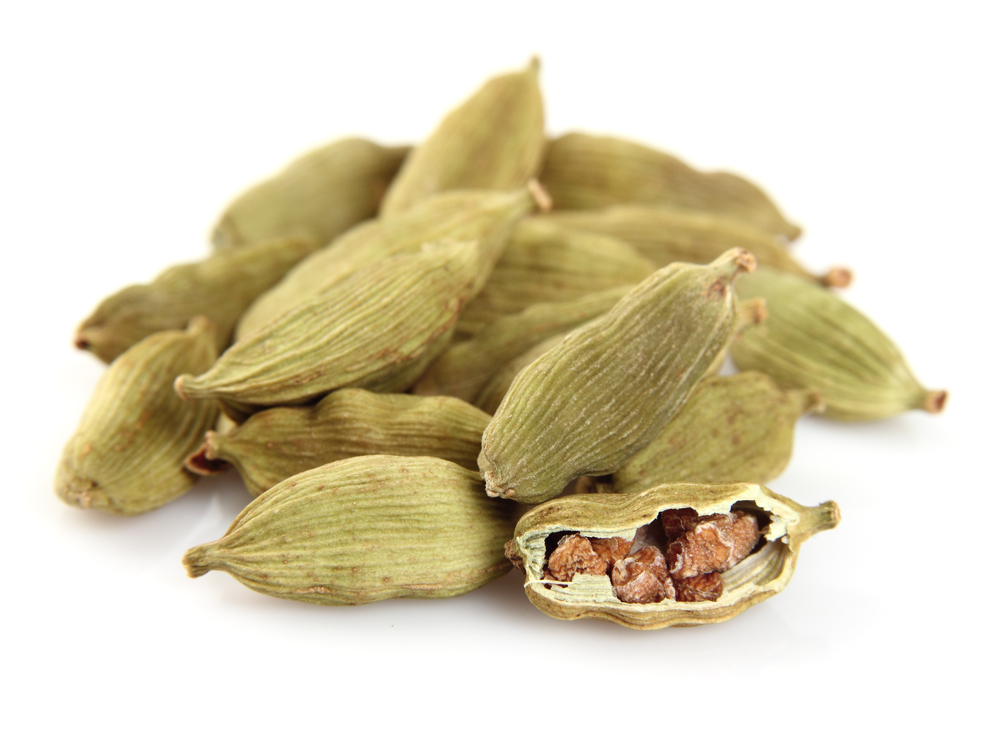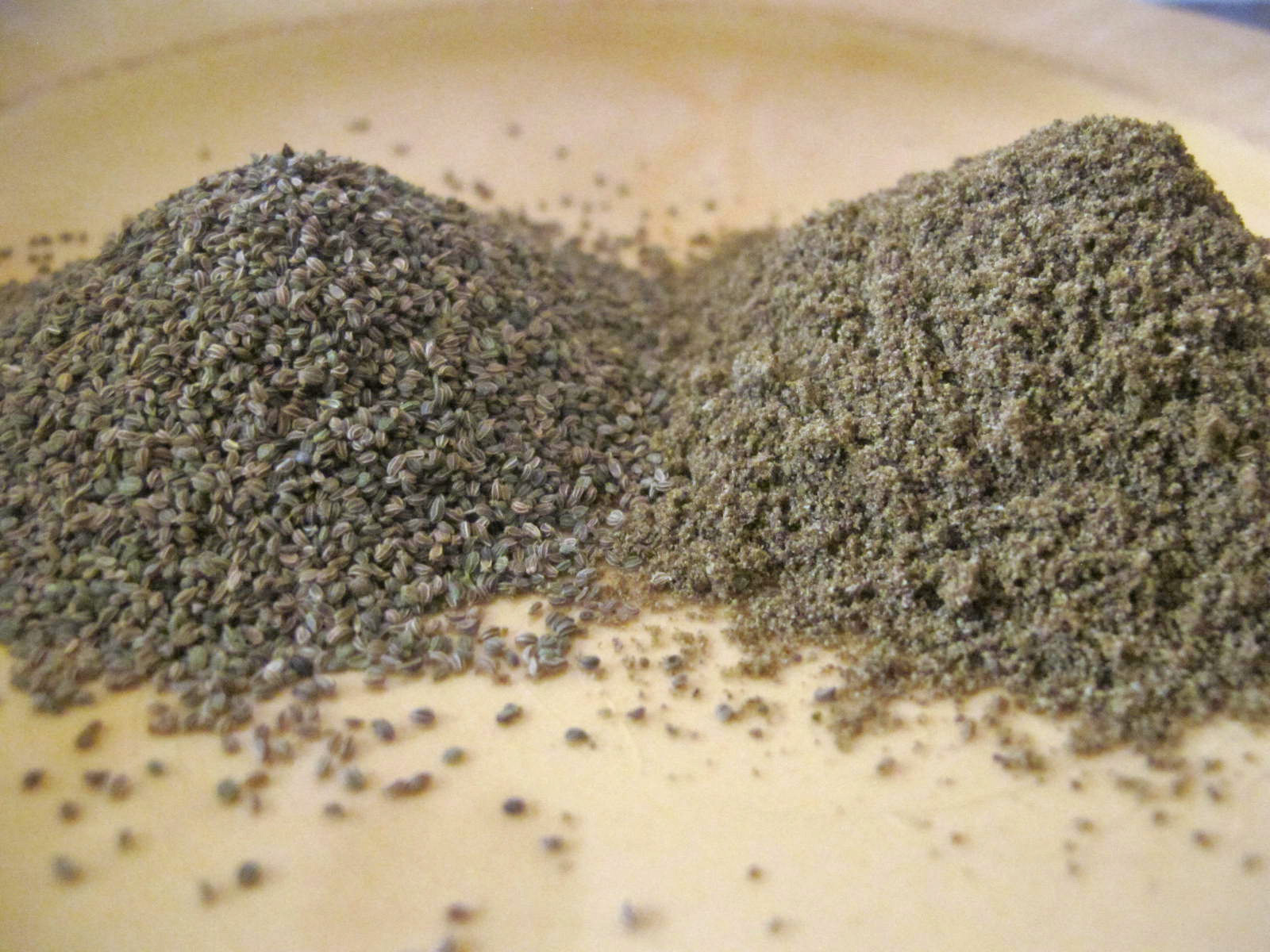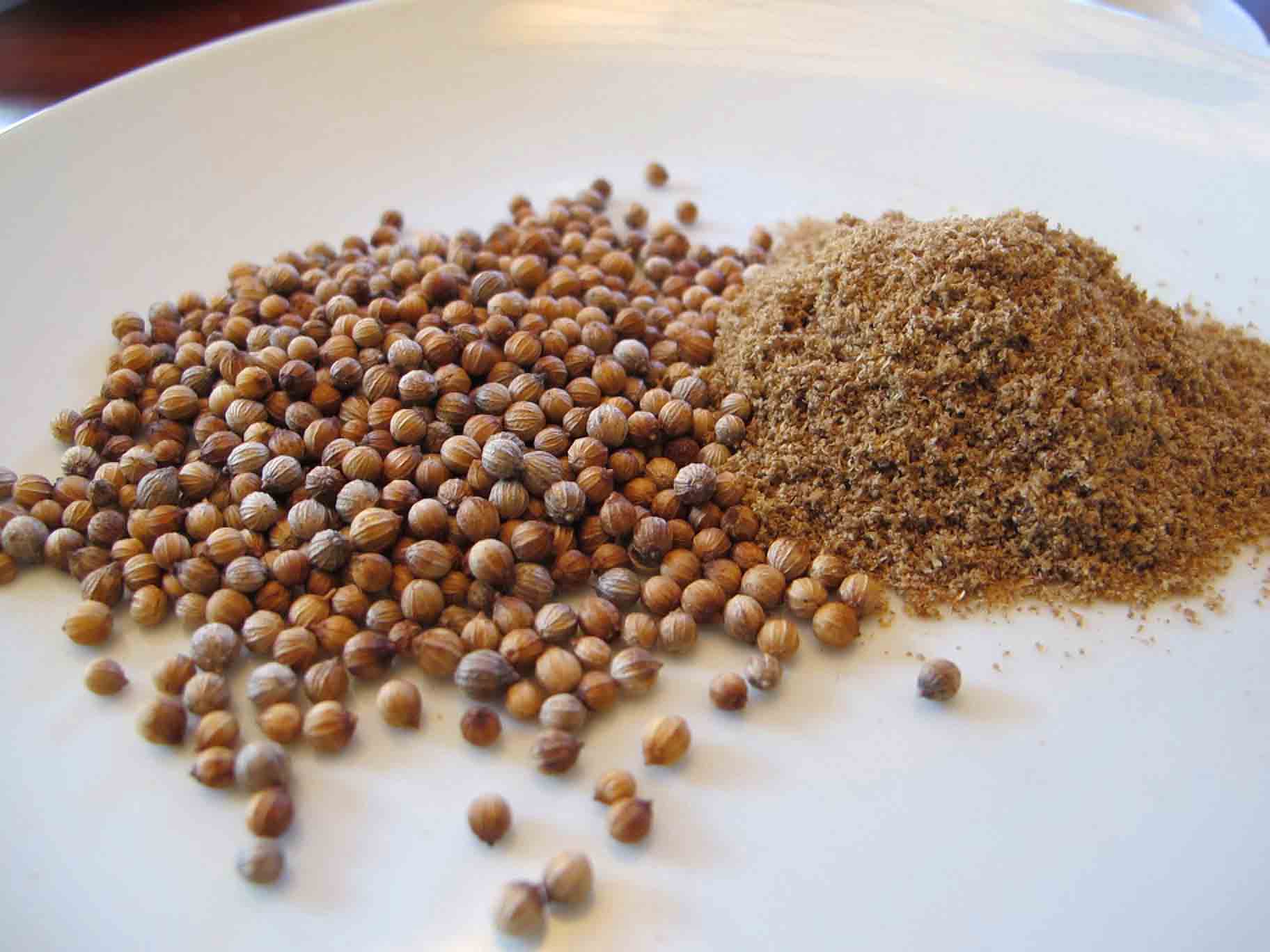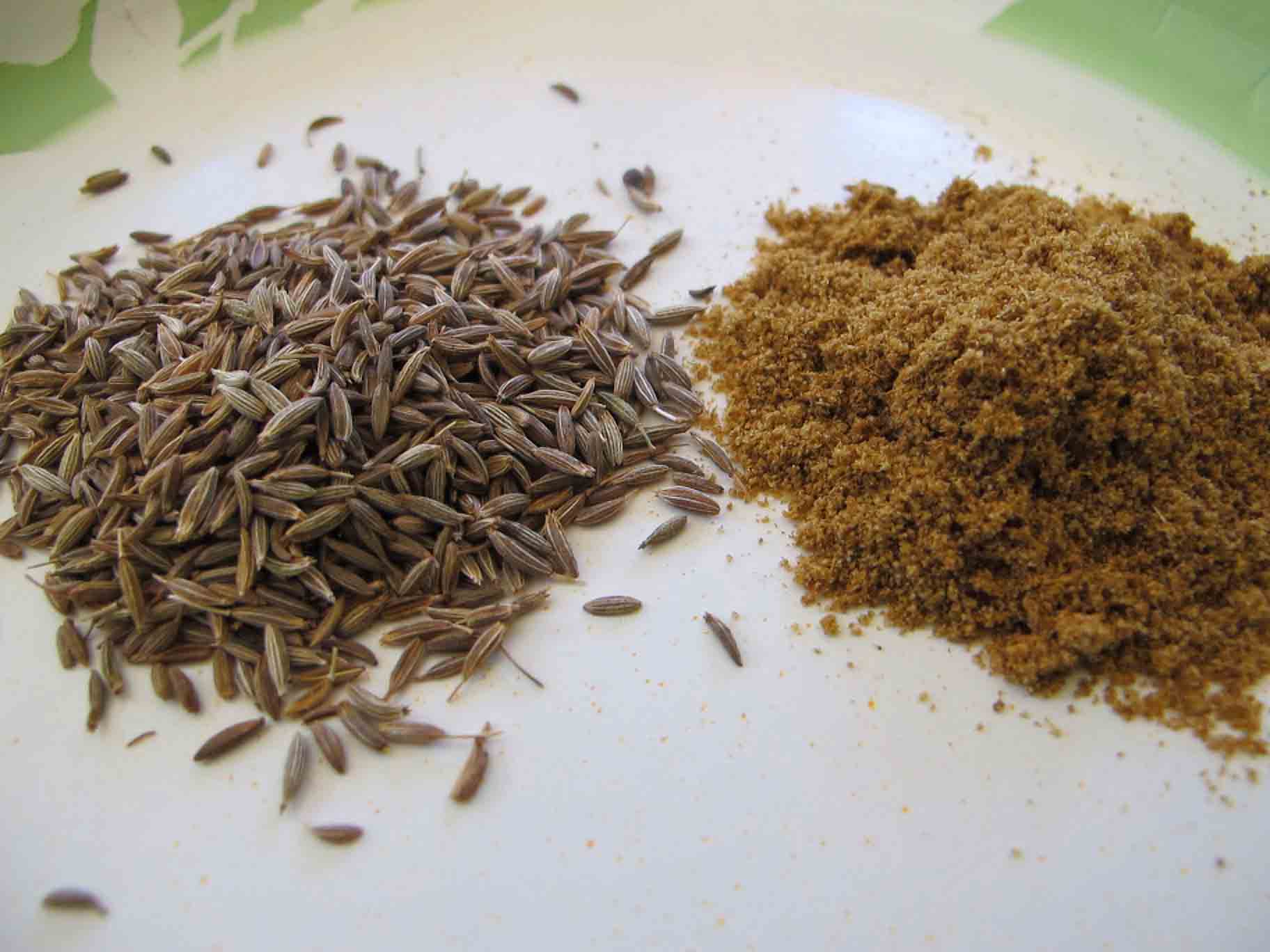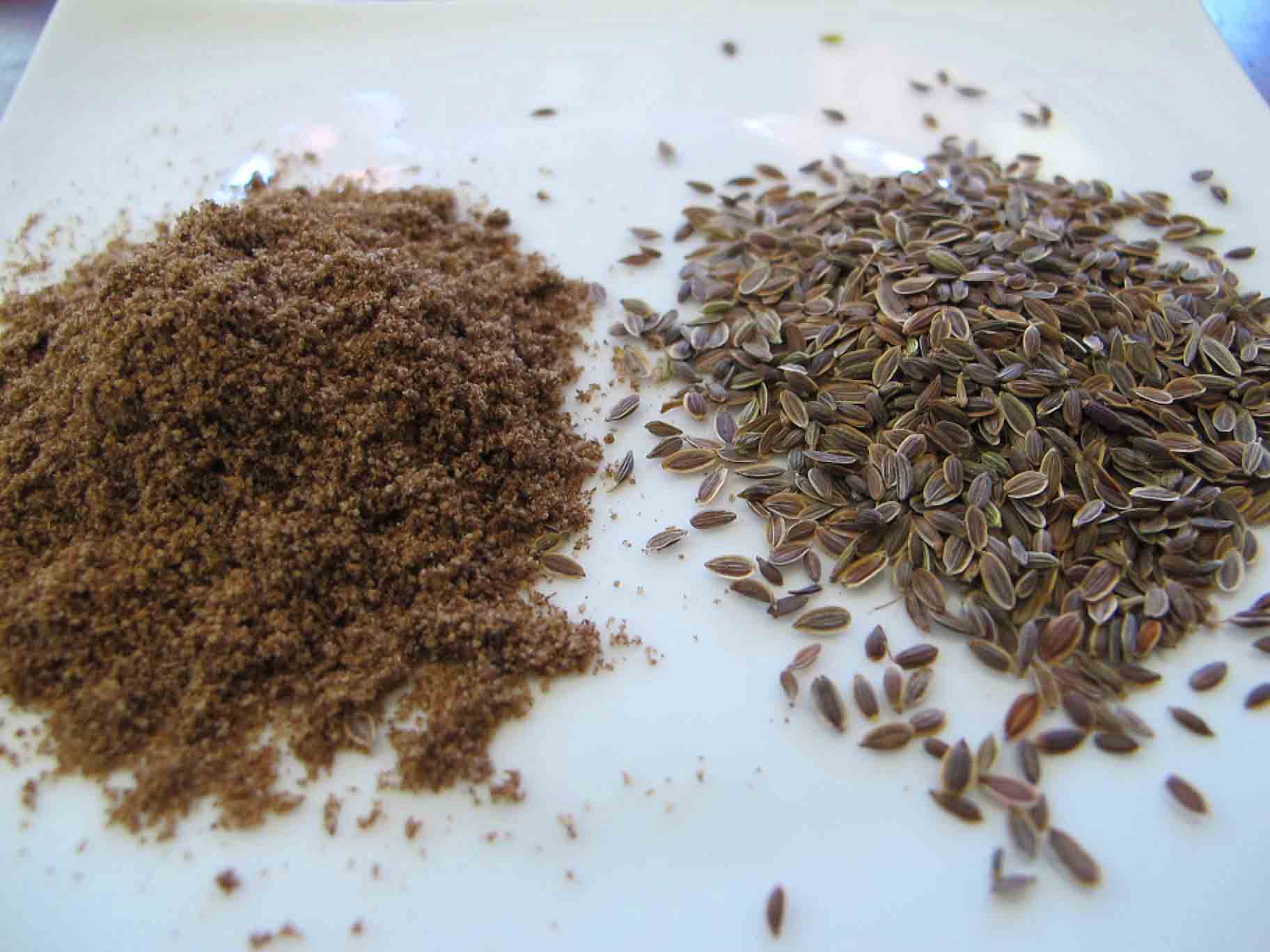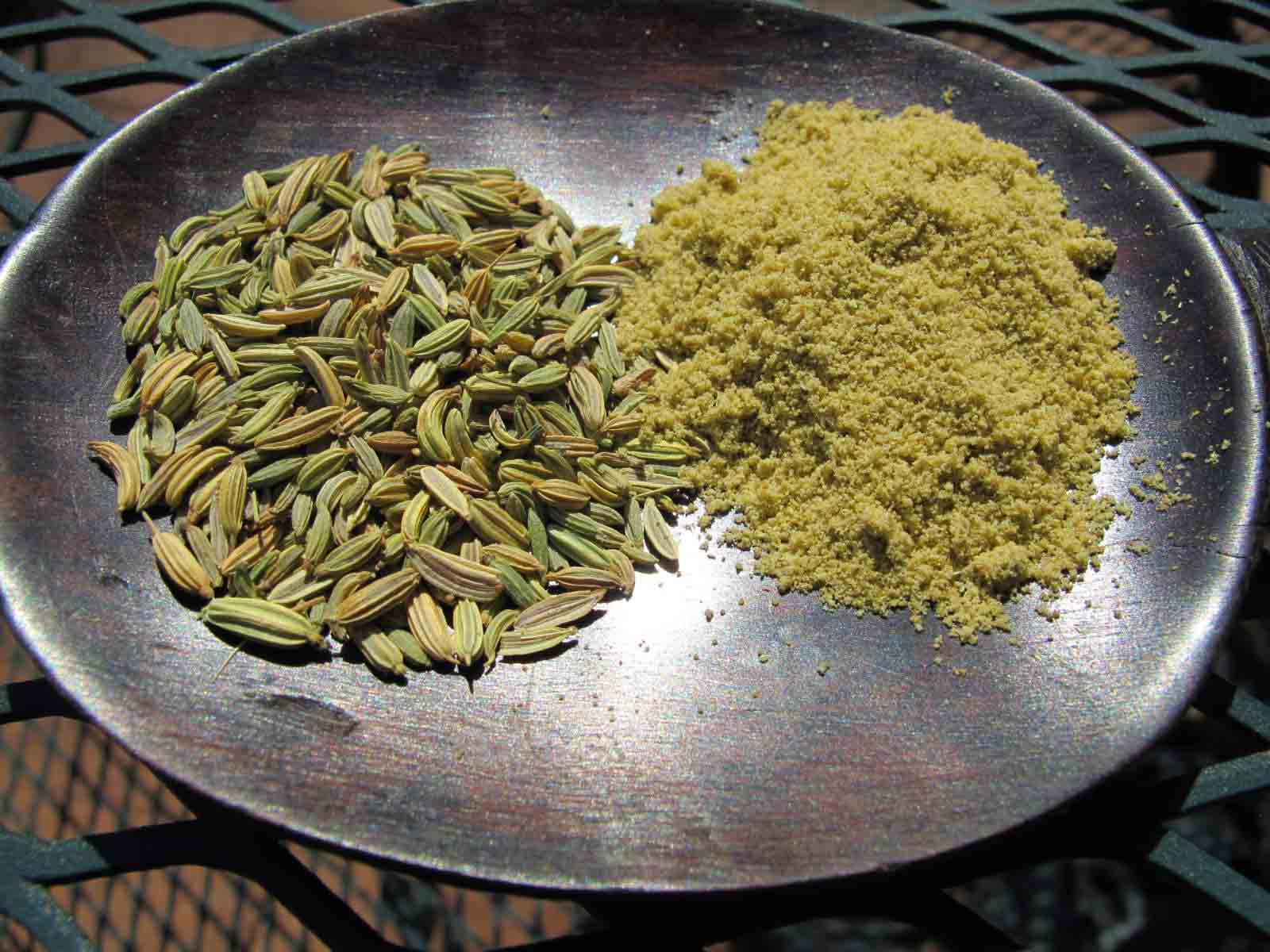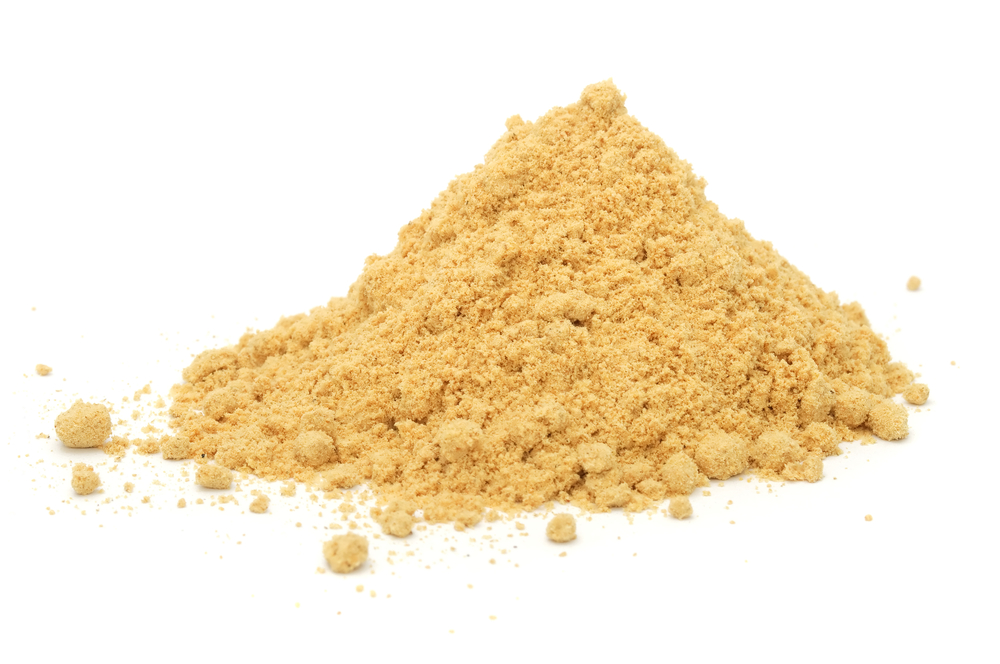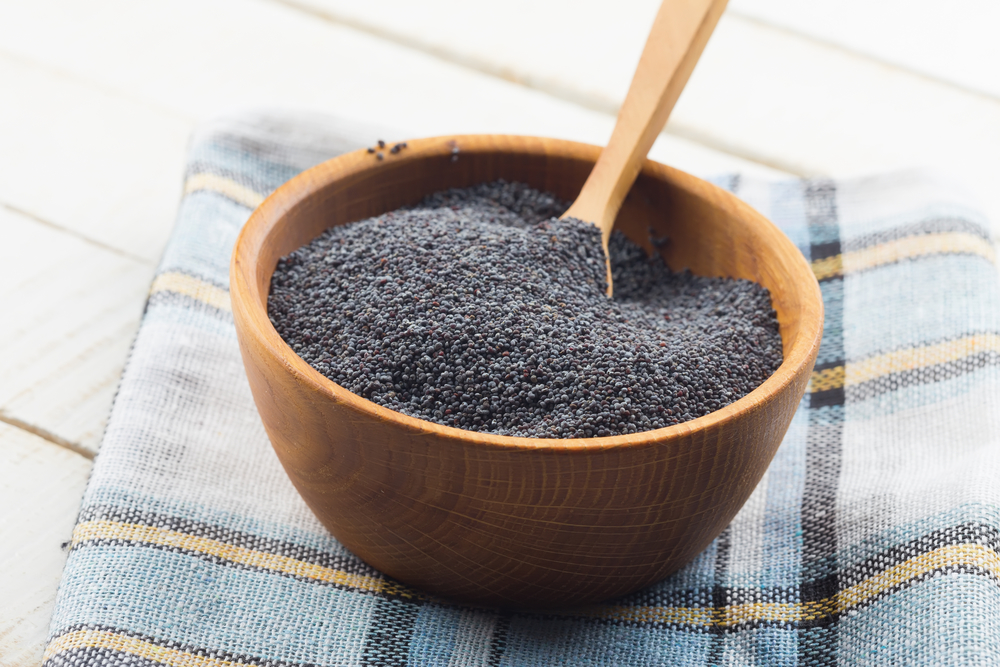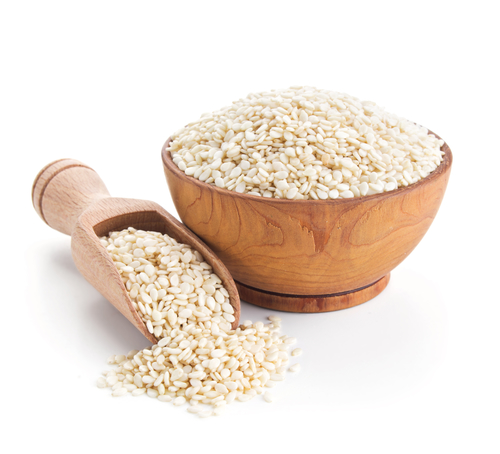
Fenugreek
As you walk around the vegetarian stalls in South India, the faint smell of burnt sugar-like aroma emerges from the fenugreek seeds being roasted to make their delicious sambars and fish curries. Since its cultivation in Egypt as early as 1000 BC, fenugreek, called methika in Sanskrit, has been a prized spice as a flavoring, medicine and fumigant for Indians, Iranians, Ethiopians and other Middle Easterners. The seeds are bitter tasting but once lightly dry roasted, they become slightly mellower in taste. They are used whole or ground, and contain high dietary fiber. Taken by Romans as an aphrodisiac, fenugreek seeds were also used as a digestive aid and to reduce fevers. Today it is promoted as a therapeutic ingredient to reduce sharp rises in blood sugar and to help in the control of diabetes. Many Indian and Middle Eastern dishes contain fenugreek, including sambars, pickles, chutneys, salads, pastourma (salted spiced beef), vegetables, dips and spreads (hilbeh), sweets, and used as toppings for stews. The Greeks enjoy it boiled and eaten with honey.
Product Details
-
Category:Seed

